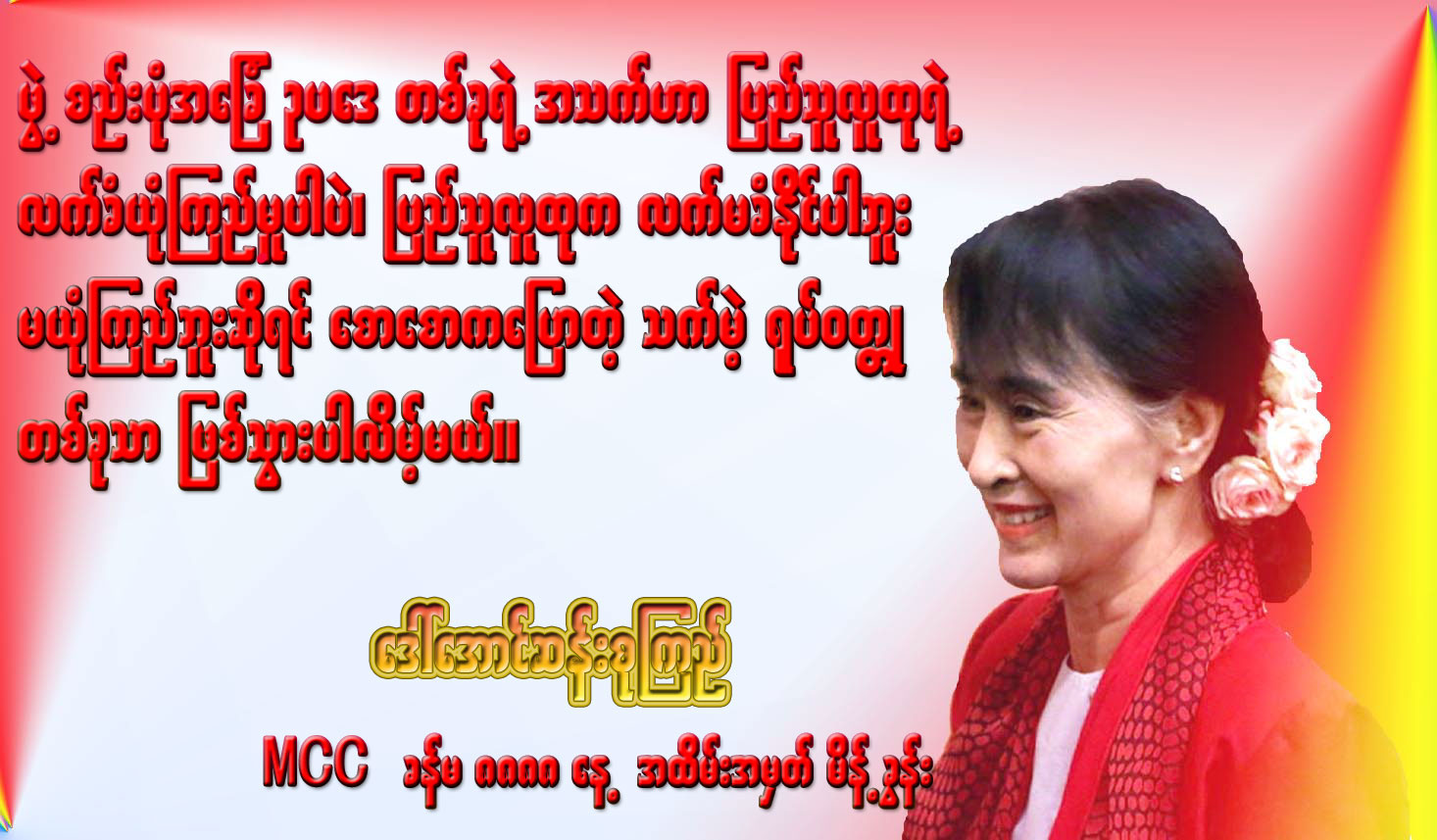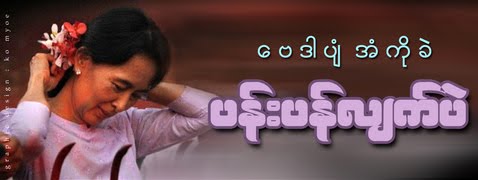-

This is default featured slide 1 title
Go to Blogger edit html and find these sentences.Now replace these sentences with your own descriptions.This theme is Bloggerized by Lasantha Bandara - Premiumbloggertemplates.com.
-

This is default featured slide 2 title
Go to Blogger edit html and find these sentences.Now replace these sentences with your own descriptions.This theme is Bloggerized by Lasantha Bandara - Premiumbloggertemplates.com.
-

This is default featured slide 3 title
Go to Blogger edit html and find these sentences.Now replace these sentences with your own descriptions.This theme is Bloggerized by Lasantha Bandara - Premiumbloggertemplates.com.
-
a_0.jpg)
This is default featured slide 4 title
Go to Blogger edit html and find these sentences.Now replace these sentences with your own descriptions.This theme is Bloggerized by Lasantha Bandara - Premiumbloggertemplates.com.
-

This is default featured slide 5 title
Go to Blogger edit html and find these sentences.Now replace these sentences with your own descriptions.This theme is Bloggerized by Lasantha Bandara - Premiumbloggertemplates.com.
 | NAME: | Zaw Myint Maung | |
| DATE OF BIRTH: | December 11, 1951 | ||
| PROFESSION: | Medical doctor | ||
| DATE OF ARREST: | November 22, 1990 | ||
| STATUS: | Released | ||
| Summary and Current Status On February 21, 2009, after serving more than eighteen years in prison, Myanmarese medical doctor Zaw Myint Maung was granted amnesty and released. Zaw Myint Maung was arrested shortly after he was elected to be a member of Parliament in 1990, running on the slate of the main opposition National League for Democracy (NLD) party, led by Nobel Peace Prize winner Aung San Suu Kyi. After a summary trial that failed to meet international standards for fairness, he was convicted of high treason for his peaceful political activities and sentenced to 25 years’ imprisonment. In 1996, while still imprisoned, Zaw Myint Maung was tried a second time and given an additional 12-year sentence for “disseminating or intending to disseminate information that is ‘false,’” after a letter addressed to a U.N. Special Rapporteur was found in his possession. Amnesty International adopted him as a prisoner of conscience. Background Zaw Myint Maung studied at the government-run Institute of Medicine in Mandalay from 1971 until 1979. After graduation, he worked from 1980 to 1981 as a medical doctor in Mandalay for the beer industry and in a cooperative clinic in Northeast Township. He served as a medical officer in Yurthitgyi Hospital, Sagaing Division from 1981 to 1982. He then returned to the Institute of Medicine in Mandalay where he worked as a lecturer in biochemistry from 1982 until 1989. At the end of the 1980s Zaw Myint Maung began to participate in peaceful political activities that were critical of the government. At times he participated in an individual capacity. On other occasions, he served as a representative of the Mandalay Doctors’ Association. In 1989, Zaw Myint Maung was reportedly notified by his superiors at the Institute of Medicine in Mandalay that, as punishment for his political activities, he was being transferred to a new position in Yangon. Zaw Myint Maung reportedly refused to move and opted to resign from his job and reimburse the government 50,000 kyats for the scholarship that it had provided him to pursue graduate studies in biochemistry at the Institute of Medicine in Mandalay. Although Zaw Myint Maung reportedly completed his course work (1985-1987) and took his exit exam for a Masters in Biochemistry, because of these circumstances, he was unable to submit his thesis and complete his degree. Zaw Myint Maung subsequently became an active member of the National League for Democracy (NLD), an opposition political group led by Nobel Peace Prize winner Aung San Suu Kyi. He won a seat in the People’s Assembly (Pyithu Hluttaw) as a representative for the citizens of his hometown of Amarapura (located about seven miles outside of the city of Mandalay) in the May 27, 1990, general election. However, some 5 months later, before Zaw Myint Maung could take office, he was arrested—along with more than 70 other members of Parliament-elect—by officers from Myanmar’s military intelligence services (MIS). MIS personnel reportedly went to Zaw Myint Maung’s home in Amarapura to arrest him, but he was in Yangon. On November 22, 1990, he reportedly was arrested by military intelligence at the railway station in Yangon. He had boarded a train that was scheduled to depart for Mandalay. Following his arrest, the MIS reportedly did not inform Zaw Myint Maung’s wife that he was in custody, but rather interrogated her, asking her to provide information about where he might be. Zaw Myint Maung’s family reportedly was informed by the government that Dr. Zaw Myint Maung’s license to practice medicine was rescinded on January 24, 1991. It was not until May 1991 that Zaw Myint Maung’s wife learned that he was being held in Insein Prison in Yangon and was permitted to visit him. Zaw Myint Maung and the majority of the elected NLD representatives detained with him were charged under Section 122/1 of the Penal Code with high treason—an offense punishable by death in the Union of Myanmar—for allegedly attempting to force the State Law and Order Restoration Council (SLORC) to transfer power by establishing a parallel government. Zaw Myint Maung was tried and sentenced in a summary trial held inside Insein Prison under martial law provisions in violation of his right to a fair trial. He reportedly was denied legal counsel. In April 1991, he was sentenced to 25 years’ imprisonment. It is widely known that the judiciary in the Union of Myanmar is not independent and that the courts are manipulated by the government for political reasons, thereby violating the fundamental rights of political prisoners such as Zaw Myint Maung. In his September 2008 report, U.N. Special Rapporteur on the Situation of Human Rights in Myanmar Tomás Ojea Quintana stated unequivocally that “under the current functioning, the judiciary is not independent and is under the direct control of the Government and the military.” In addition to the guilty verdict and lengthy sentence rendered by the court, Myanmarese authorities took action to restrict Zaw Myint Maung’s future political activities. On July 10, 1991, Zaw Myint Maung and the other MPs were stripped of their elected positions by SLORC Order 4/91, which states that anyone convicted of “moral turpitude” or offenses relating to law and order “has no right to continue to be a People’s Assembly representative.” Furthermore, it appears that Zaw Myint Maung may also be subject to SLORC Order 10/91, issued the same day, which states that anyone convicted of those offenses “shall have no right to stand for election as a People’s Assembly candidate in elections to be held in the future.” Initially, Myanmarese authorities confined Zaw Myint Maung in Insein Prison to serve his 25-year sentence. There, he reportedly helped to produce two handwritten “magazines” with poems, articles, illustrations, and cartoons—one commemorating the 75th anniversary of Yangon University and another titled “New Blood Wave.” While in prison, Zaw Myint Maung was tried in 1996 and given an additional 12-year sentence for these peaceful activities and for allegedly having in his possession a letter addressed to the U.N. Special Rapporteur on the Situation of Human Rights in Myanmar Professor Yozo Yokota, which contained information on human rights violations in Insein Prison, including inadequate access to medical care, torture and ill-treatment, and poor conditions of confinement. This time Zaw Myint Maung was convicted under Section 5(e) of the 1950 Emergency Provisions Act (EPA) which allows “authorities to imprison people for either disseminating or intending to disseminate information that is ‘false.’” The 1950 EPA has been widely criticized internationally as a law that is frequently used by the judiciary to punish individuals solely for exercising their fundamental rights to freedom of expression, opinion, and association, as promulgated by the Universal Declaration of Human Rights. Furthermore, it should be noted that the U.N. Commission on Human Rights Resolution 1994/70 expressly prohibits reprisals against those who provide information to representatives of U.N. human rights bodies. Throughout his incarceration, Zaw Myint Maung was subjected to conditions of confinement that failed to meet the U.N. Standard Minimum Rules for the Treatment of Prisoners. According to Amnesty International (AI), Zaw Myint Maung “is believed to have been deprived of food and sleep during interrogation in 1990.” Later, AI reported that, during the six-month period from November 1995 until May 1996, while authorities conducted an investigation in connection with the charges that had been brought against him under the 1950 EPA, Zaw Myint Maung was held in a tiny cell in Insein Prison “designed for military dogs, without bedding, and in solitary confinement.” On April 3, 1997, Zaw Myint Maung was transferred to Myit Kyi Na Prison in northern Myanmar. The prison is located in a region that is subject to extreme weather. Reliable reports indicate that Zaw Myint Maung was held in solitary confinement in a cell that measured about eight feet by ten feet. Myit Kyi Na Prison is located in the city of Myit Kyi Na in the state of Kachin, more than 400 miles from Zaw Myint Maung’s home in Amarapura. Zaw Myint Maung’s family reportedly had to travel at least 24 hours by train to visit him in prison. His incarceration at Myit Kyi Na Prison clearly contravened the spirit of Principle 20 of the U.N. Body of Principles for the Protection of All Persons under Any Form of Detention or Imprisonment, which states that: “If a detained or imprisoned person so requests, he shall if possible be kept in a place of detention or imprisonment reasonably near his usual place of residence.” We understand that, although members of Zaw Myint Maung’s family were permitted to visit him every two weeks, they were only able to make the trip approximately every three to four months because of the cost and the arduous travel. Despite the infrequency of family visits, prison authorities reportedly permitted Zaw Myint Maung to send and receive only one letter per month, which first had to be reviewed by members of a special branch of the police. Zaw Myint Maung’s health reportedly deteriorated during his incarceration. Reports indicate that he suffered from low blood pressure, abdominal pain, and hemorrhoids. While he was held at Myit Kyi Na Prison, he was transported to the general hospital in Myit Kyi Na for several medical examinations and an endoscopy. Although a surgeon reportedly recommended that Zaw Myint Maung be operated on for his bleeding hemorrhoids, high-level prison officials never permitted him to undergo the procedure. On February 21, 2009, Zaw Myint Maung was unexpectedly granted amnesty for good conduct and released from prison. (Photo Credit: Copyright © 1998-2009, RFA. Used with the permission of Radio Free Asia, 2025 M St. NW, Suite 300, Washington DC 20036) | Related Link Amnesty Granted to Myanmarese Physician after 18 Years in Prison (2/23/09) | ||



















